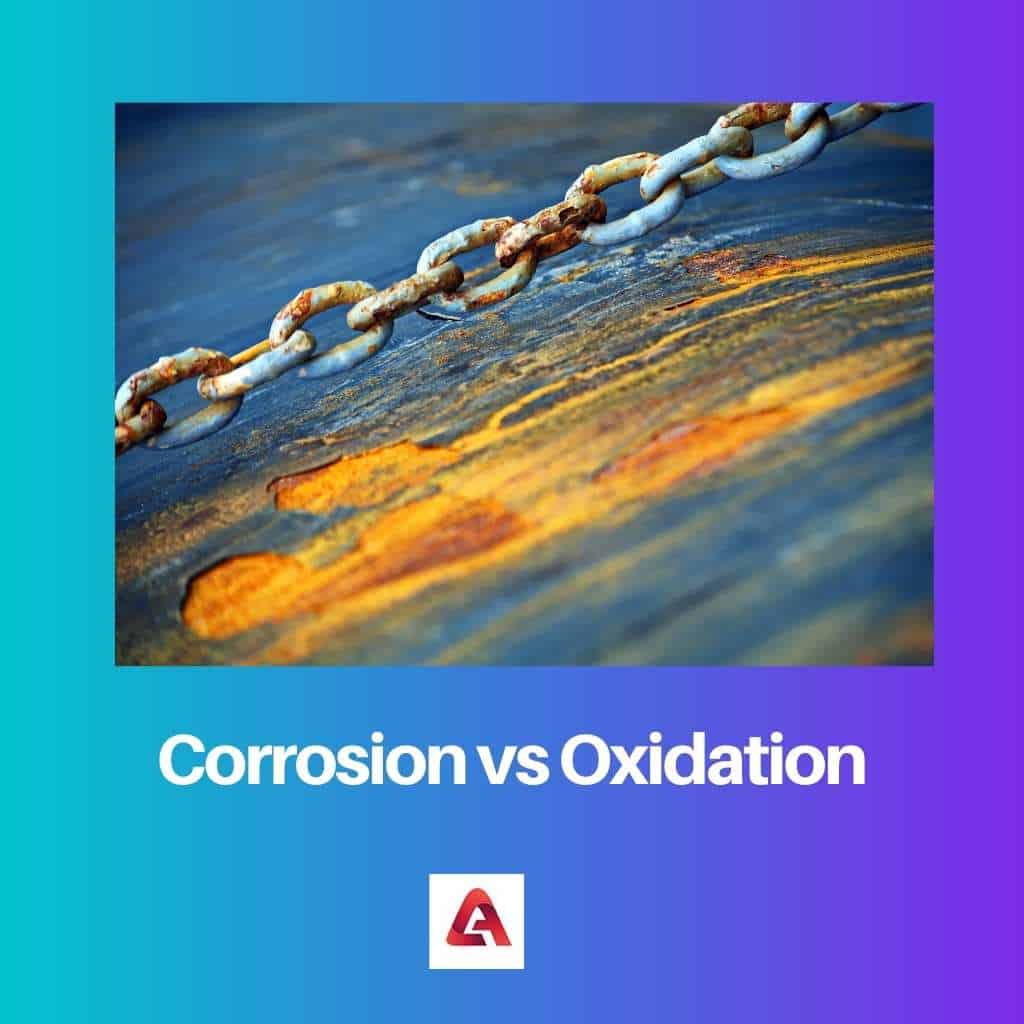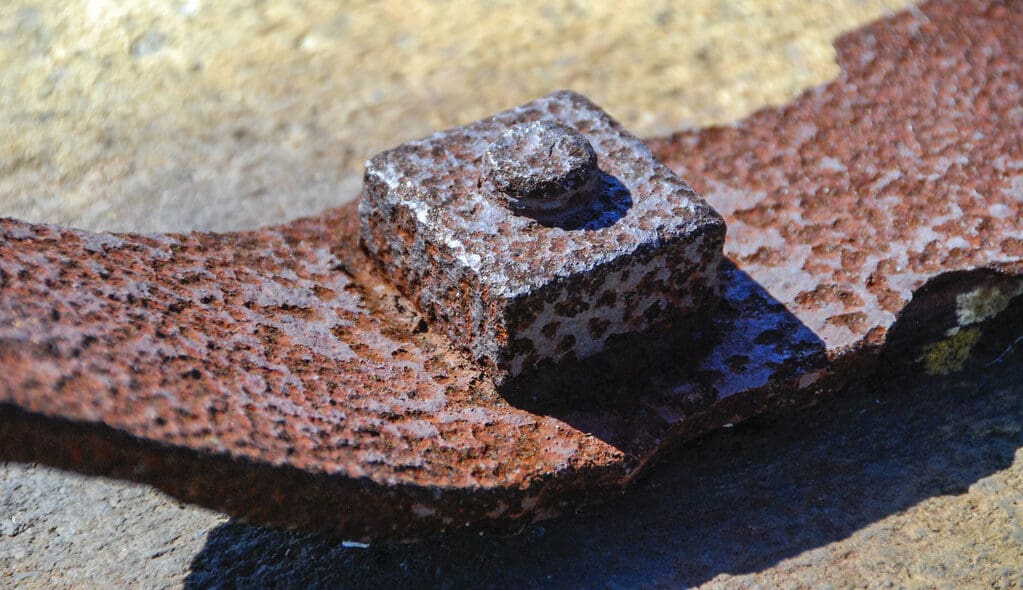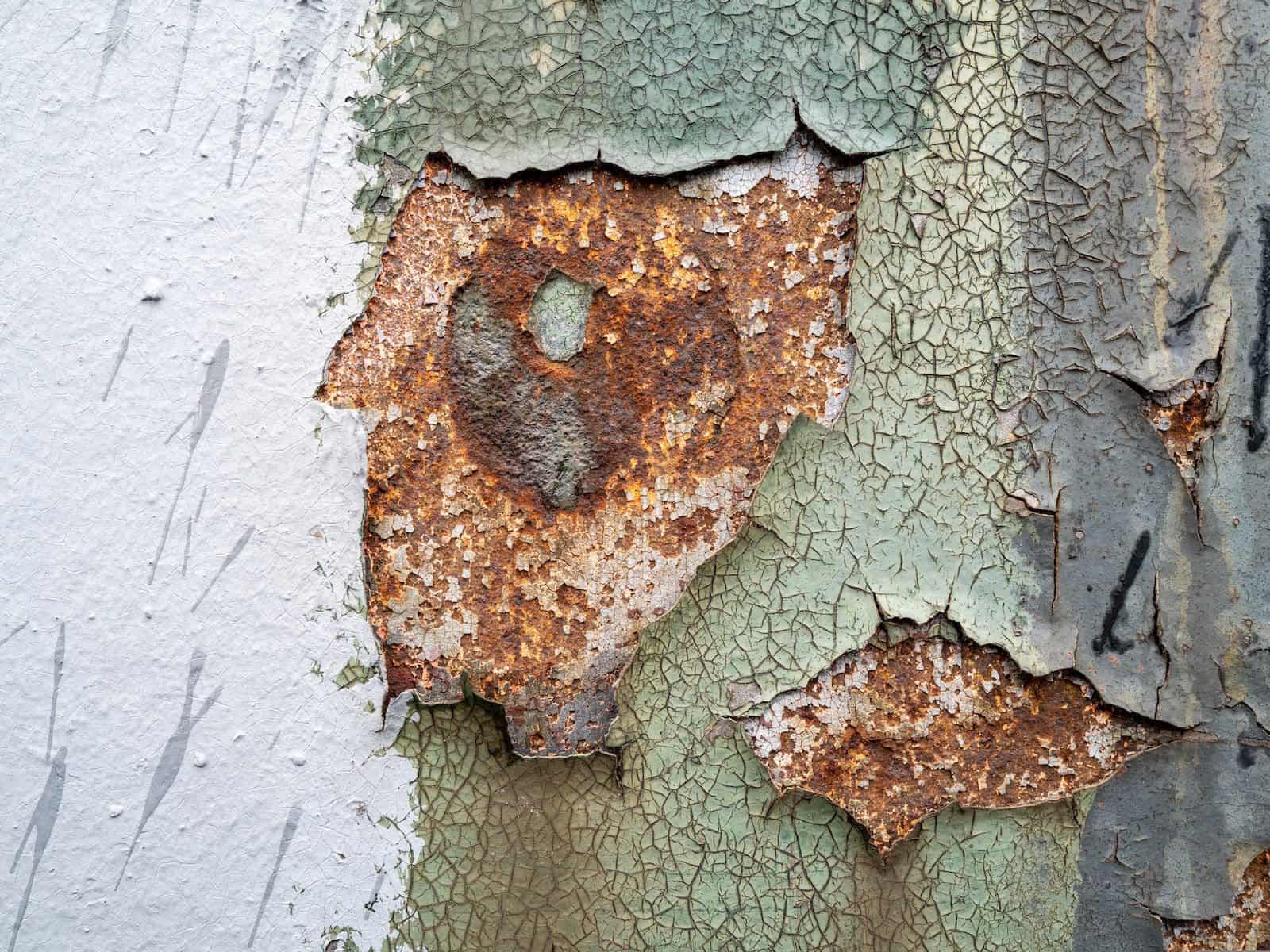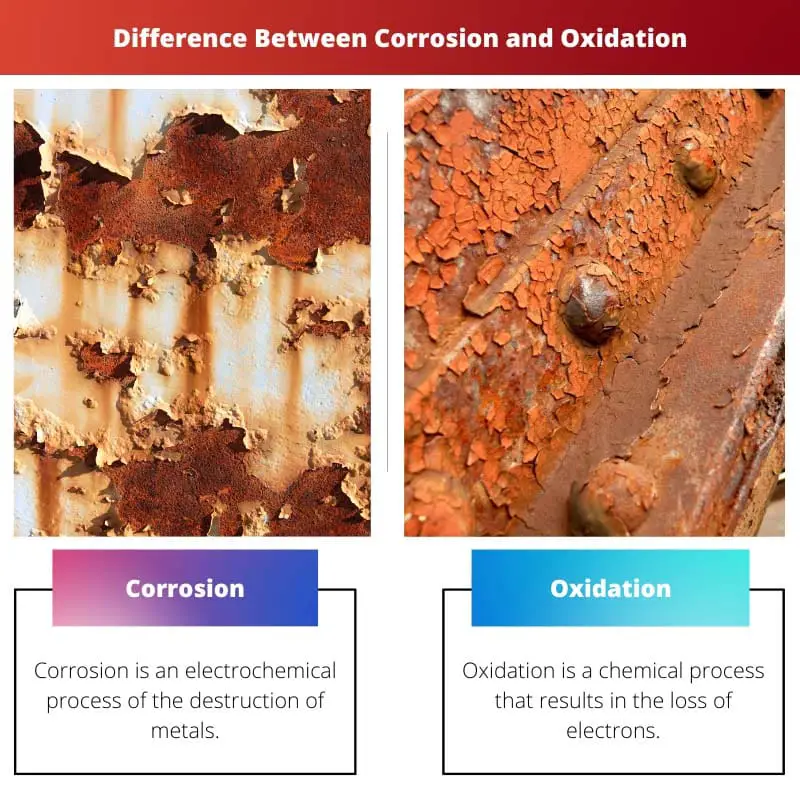Learning about science is always an endless and fun game. There are numerous things that are happening not because of the human forces but because of the natural forces that surround us.
It is quite interesting to know these processes of natural changes. The two processes corrosion and oxidation express similar ideas but vary in many parameters.
Key Takeaways
- Corrosion is a chemical process that deteriorates materials, especially metals, due to their environmental reaction. At the same time, oxidation is a more general chemical reaction where a substance loses electrons to an oxidizing agent.
- Rusting is a common example of corrosion, specifically the oxidation of iron or steel in the presence of water and oxygen, leading to the formation of iron oxide.
- Both corrosion and oxidation can lead to material degradation. Still, corrosion specifically refers to the deterioration of materials due to chemical interactions with their environment, while oxidation encompasses a broader range of reactions.
Corrosion vs Oxidation
Corrosion is the gradual deterioration or destruction caused by moisture or wet weather conditions such as rain, sleet, or snow. Corrosion mainly affects metals. Oxidation is an electrochemical breakdown that occurs when the oxygen in natural air reacts with either metals or non-metals.

Corrosion is the natural process that breakdowns or destructs the refined metal into a more chemically stable form. Usually, when corrosion takes place in the metals, it results in the formation of oxide and other types of salts.
Corrosion can take place only upon the natural process or electrochemical process like rain, flood, thunder, etc, and only affects the metals.
Oxidation is not a natural process but a chemical reaction in which there is a possibility of decreasing the number of electrons in an atom.
During oxidation, only the transfer of electrons is possible and the electrons cannot be increased. Oxidation takes place upon the chemical reaction rather than the natural forces.
Comparison Table
| Parameters of Comparison | Corrosion | Oxidation |
|---|---|---|
| Meaning | Corrosion is an electrochemical process of the destruction of metals. | Oxidation is a chemical process that results in the loss of electrons. |
| Benefits | Corrosion is comparatively less beneficial than oxidation. | Oxidation is more beneficial as they are used in laboratories for numerous purposes. |
| Scope | Corrosion is an irreversible process. | Oxidation is a reversible process. |
| Role of oxygen | Corrosion is the process that takes place only in the presence of oxygen. | Oxidation is the process that takes place in both the presence and absence of oxygen. |
| Surfaces | Corrosion can happen or take place only on metal surfaces. | Oxidation can happen anywhere, even in the absence of metal surfaces. |
What is Corrosion?
Corrosion is a natural or electrochemical process that breakdowns or destroys the refined metal into a chemical form that is more stable than the original form.
The corrosion process happens only with metals and the refined metals will be mostly converted into oxides and other types of salts at the end of the process.
Corrosion can take place only on the metal surface with the presence of oxygen. It is a natural process that takes place with or without human efforts and cannot be stopped or changed by humans.
All the metals under climatic or natural changes will undergo the process of corrosion. This process of corrosion is considered irreversible and the metals cannot be changed into their original form.
Since it is a natural process, there aren’t many benefits that humans acquire from this process of corrosion. Corrosion happens because of an electrochemical process which is a branch of physical chemistry connected to the branch of electronics.
The process of corrosion is less predictable and sometimes, doesn’t leave visible marks. The chemical process of corrosion is complex.
In short, it can be termed as an electrochemical process that happens only on metal surfaces in the presence of oxygen only.

What is Oxidation?
Oxidation is a chemical process that results in the loss of a number of electrons in an atom. The process of oxidation results in changing the state of electrons in an atom.
There are two end results at the completion of the oxidation process. First, they result in a decreased number of electrons and an increase in the state of oxidation in an atom.
Generally, the number of electrons in an atom can be both increased and decreased. The process of increasing the number of electrons in an atom and decrease in the state of oxidation in an atom is called reduction.
This process of reduction is the reversal of the oxidation process. Hence, the oxidation process is possibly be reversed.
The process of oxidation not only occurs on metal surfaces but can take place anywhere. Oxidation does not require the presence of oxygen and can happen in both presences as well as the absence of oxygen.
Since oxidation is a chemical reaction, this process has numerous purposes in laboratories, mainly for testing and researching purposes.
Hence, oxidation is a chemical process that is useful for research and medical purposes. The whole process of oxidation is a quite complicated chemical process.

Main Differences Between Corrosion and Oxidation
- Corrosion is an electrochemical and natural process while oxidation is a chemical and complicated process in comparison to corrosion.
- Corrosion is an irreversible process. On the other hand, oxidation can be reversed by using another process called reduction which results in increasing the number of electrons in an atom.
- Corrosion is a process that can happen only in the presence of oxygen while oxidation can take place in either presence or absence of oxygen.
- Corrosion can happen only on metallic surfaces while oxidation can take place anywhere with and without metallic surfaces.
- Corrosion has fewer benefits in human beings while oxidation can be used for numerous medical purposes.

- https://books.google.com/books?hl=en&lr=&id=8hH-BAAAQBAJ&oi=fnd&pg=PP1&dq=corrosion&ots=KjJG9_BxK6&sig=PAn36knsFcNuF2UHUZfUfv1iVMo
- https://books.google.com/books?hl=en&lr=&id=Zq9ZF8Q8aRkC&oi=fnd&pg=PP10&dq=oxidation&ots=hp6jdHB7rZ&sig=gmIIxweUfQfRLBVwMo3SwPXy2HU
Last Updated : 15 July, 2023

Piyush Yadav has spent the past 25 years working as a physicist in the local community. He is a physicist passionate about making science more accessible to our readers. He holds a BSc in Natural Sciences and Post Graduate Diploma in Environmental Science. You can read more about him on his bio page.
